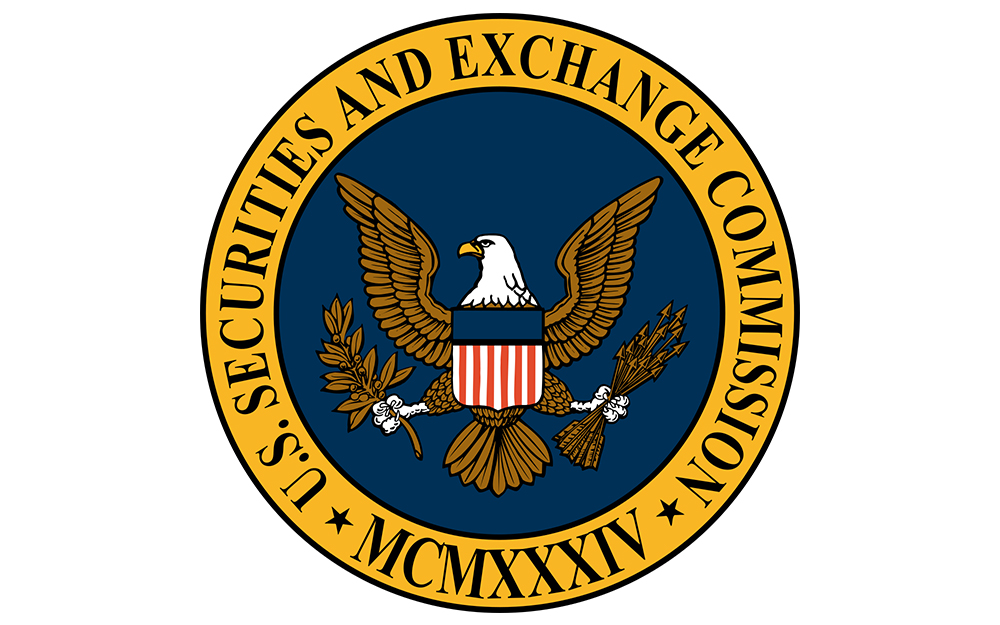
By Haddon Libby
If you have a loved one with money invested through a bank or investment management firm, please share this article with them. Knowledge is king and can be the difference between a comfortable retirement and one fraught with financial challenges.
To understand what I’m about to share, do you remember when the food industry battled over the use of words like ‘natural’ or ‘organic’? Once upon a time, the food industry tried to confuse consumers by using the word ‘natural’ instead of the upcoming, hippy-chic ‘organic’ movement where the food was supposed to be better for you? To the food industry, ‘natural’ includes the use of dangerous pesticides and petrochemicals as well as other things people really should not consume.
The investment advisory business is doing the exact same thing as RIA firms are growing in popularity. This challenges the broker-dealer firms like Morgan Stanley or Edward Jones which represent 90% of all advisors in the marketplace. Of late, small RIA (Registered Investment Advisory) firms have been growing in popularity as they perform to the Fiduciary Standard of Care. That standard of care as defined by the Securities and Exchange Commission (SEC) as well as other professional oversight groups is simply that the RIA or its fiduciary advisor must put your interests first in everything that they do or risk getting in a lot of trouble.
After the Great Recession of ten years ago and an assortment of products that seem built for the success of the Broker-Dealers and banks with little regard to the investor, people with their life savings at risk are seeking out RIA firms that state in writing that they perform to that Fiduciary level of care.
In response, broker-dealers lobbied heavily for Reg BI (short for Regulation Best Interests…although it might be better referred to as Reg BS). To the casual investor, pledging that you will perform in the client’s best interest sounds better than whatever was being done before, right? In reality, Reg BI loosens regulation so that broker-dealers are only required to give a written disclosure of their potential conflicts of interest without ever disclosing what those conflicts mean as it relates to the cost or performance of the consumer’s account.
As a reminder, broker-dealers like Wells Fargo or Merrill Lynch can make money from sale commissions that can often reach 7%. The investments that they might be managing for a flat fee of 1% per annum can be marked up or down before being sold to you. That means the 1% management fee excludes their 3% mark-up on purchase or mark-down on sale. They also make money from a host of other fees, commissions and kickbacks from many of the firms whose investments are sold into an account. Real estate investment trusts, Limited Partnerships, Annuities, Structured Notes and Mutual Funds offer brokers some of the best payouts of any investment that they believe might loosely be in the best interest of someone like you if they were possibly looking for diversity through the use of one of those high commission products.
After the SEC passed this new regulation by a 3 to 1 vote, the lone dissenting SEC Commissioner, Robert Jackson Jr. said this, “Rather that requiring Wall Street to put investors first, today’s rules retain a muddled standard that exposes millions of Americans to conflicted advice.”
Along with Commissioner Jackson, consumer advocates are unhappy as the Best Interest Rule as it sounds protective yet has no teeth to protect consumers. Where the Fiduciary Standard of Care as administered by the S.E.C. protects consumers, the Best Interest Rule really protects the best interests of the large broker-dealer firms that lobbied so hard for it.
Some states are fighting back and enacting legislation that will require all advisors whether they work for broker-dealer or RIA firms perform to the Fiduciary Standard of Care. Morgan Stanley has threatened to pull out of Nevada if the state passes this legislation.
If you want to be sure that you have an unconflicted person advising you on your investments, hire a Registered Investment Advisor. Have them put in writing that they and their firm perform to the Fiduciary Standard of Care in everything that they do.
I know of what I speak. I used to work at a Broker-Dealer firm and started an award-nominated RIA firm five years ago.
Haddon Libby is the Founder and Managing Partner of Winslow Drake Investment Management. For more information, please visit www.WinslowDrake.com or email Hlibby@WinslowDrake.com.










































